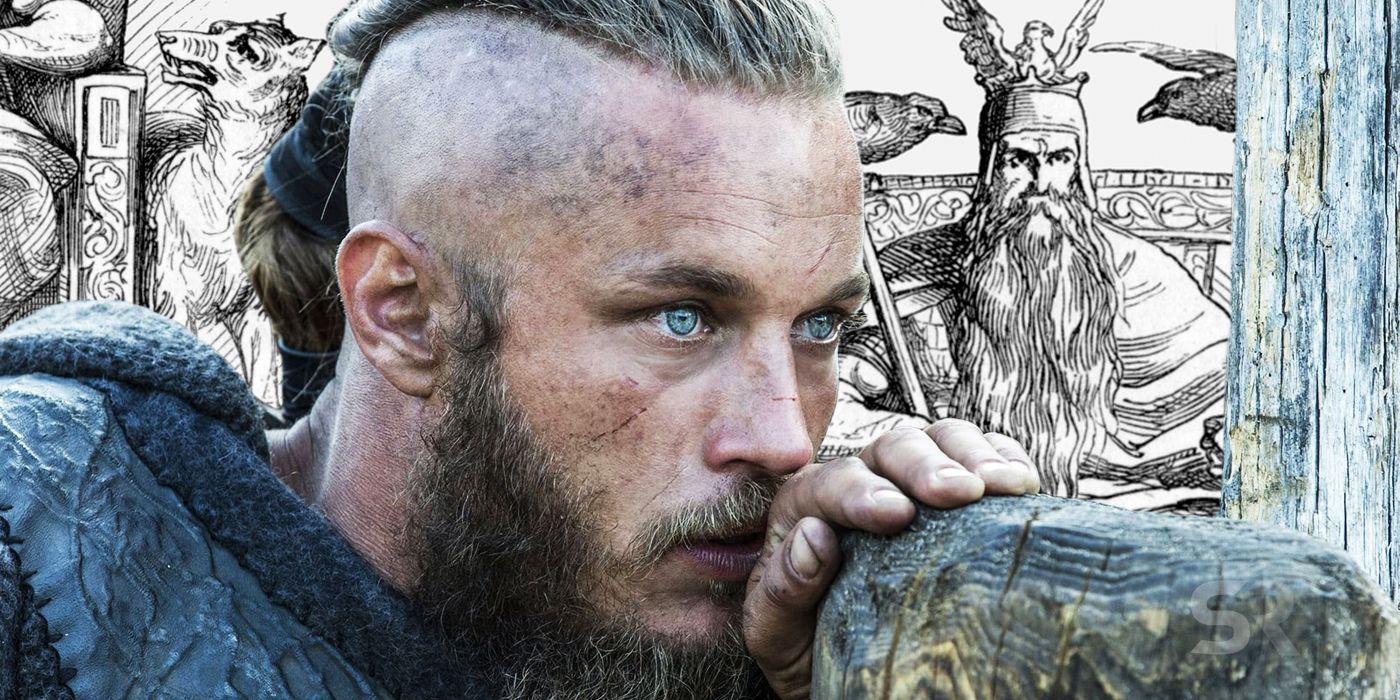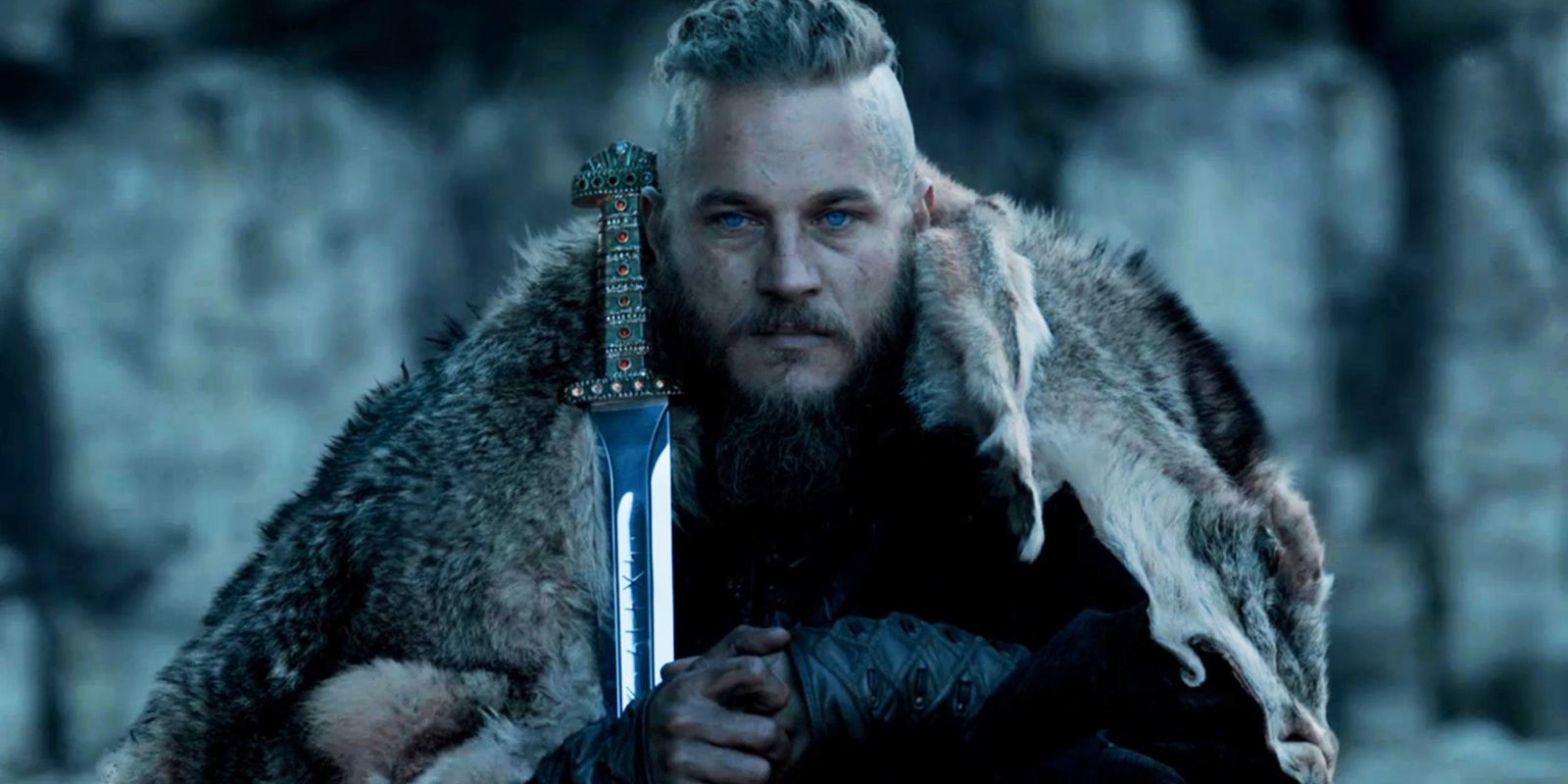Vikings introduced viewers to the legendary Norse figure Ragnar Lothbrok, a Viking king that lead many raids against Eastern Europe, Britain, and more. Ragnar was believed to be a descendant of Odin – but how true is that? Created by Michael Hirst, Vikings debuted on History Channel in 2013, and was originally planned as a miniseries. It was quickly renewed for a second season and the series is now enjoying its sixth and final season.
Vikings initially followed the journeys of Ragnar Lothbrok (Travis Fimmel) and his Viking brothers, from the start of the Viking Age onward. The series gradually shifted its focus to Ragnar’s sons (especially Bjorn Ironside and Ivar the Boneless) and their own travels, making them the protagonists – more so after Ragnar’s death in season 4. Though Vikings is based on Norse heroes and stories from the Viking Age, some characters and elements had to be changed, mainly because there are no reliable sources to support their stories, but many others were left intact, such as the belief that Ragnar was directly related to Odin.
Vikings believed in Norse religion, which is often shown in the series in many ways, and while some characters believed themselves to be gods (like Ivar), others were said to be their descendants.
Was Ragnar A Descendant Of Odin?
The belief of a human descending from a religious figure is not uncommon, so it shouldn’t come as a surprise that Vikings believed in that too. What stands out about Ragnar’s case, is that his existence is unclear. Although Hirst has said that, after all the research he did for the show, he concluded that Ragnar did exist, the sources are unreliable. Though it’s possible that there was a man under the name of Ragnar Lothbrok, the Viking figure described in the sagas is most likely a combination of different figures, specifically Vikings leader Reginherus, King Horik I of Denmark (who appears in the series), and King Reginfrid.
On the other hand, Odin, the allfather, is known for having many sons (among those Thor), which mixed with the belief that he was a real person – a king, to be exact – and only became a God when he died, supports the idea that Ragnar could have been one of his children. From a mythology point of view, and without paying attention to whether Ragnar was real or not, he was a descendant of Odin simply because the sagas stated so. When looking at it from a more objective side, Ragnar's relation to Odin will depend on whether he existed or not and on the interpretation of Odin that’s considered to be more valid or reliable.
Vikings hasn’t offered an answer on this, either. Although Ragnar was visited and followed by ravens (implied to be Huginn and Munnin, Odin’s companions or familiars) many times through the series, and he attributed his success to Odin’s presence, there hasn’t been a definitive answer, and it will most likely stay that way – just like the legend itself.


